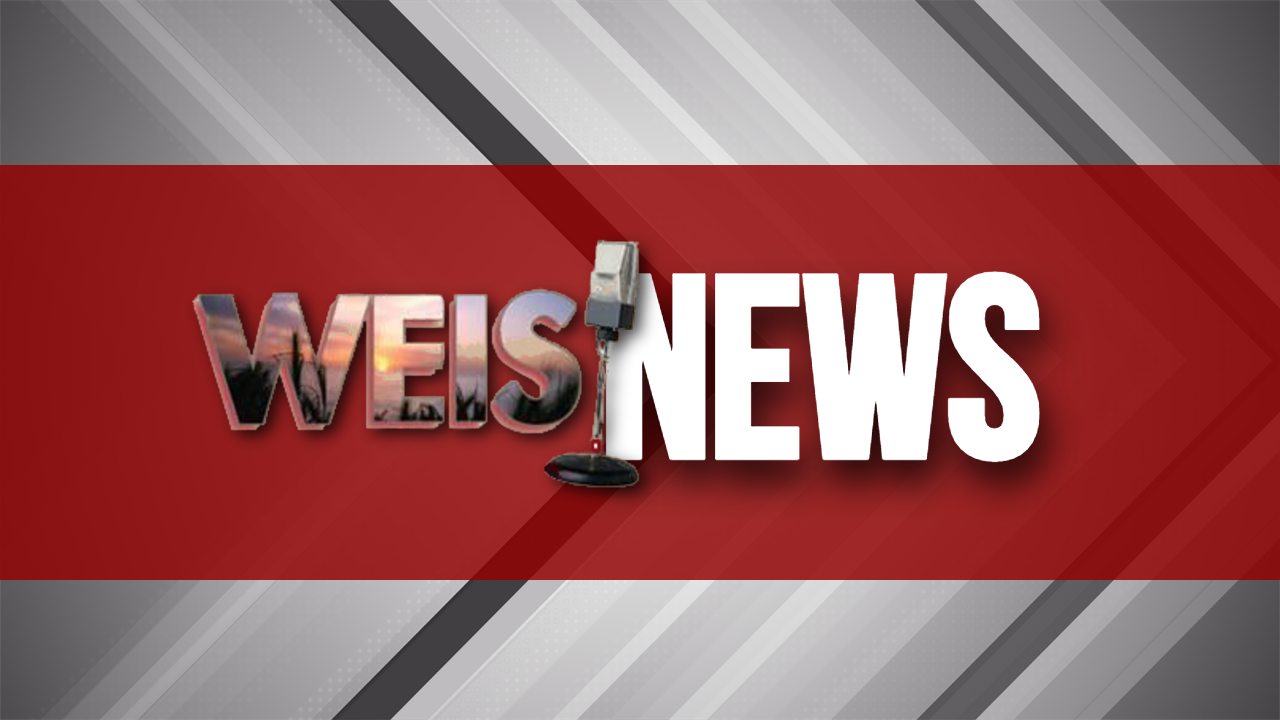 iStock/Thinkstock(NEW YORK) — Republican voters will head to the polls in Utah’s 3rd congressional district Tuesday to determine the nominee to succeed Rep. Jason Chaffetz, who resigned his seat on June 30. Democrats had already nominated physician Kathie Allen at their party convention in June.
iStock/Thinkstock(NEW YORK) — Republican voters will head to the polls in Utah’s 3rd congressional district Tuesday to determine the nominee to succeed Rep. Jason Chaffetz, who resigned his seat on June 30. Democrats had already nominated physician Kathie Allen at their party convention in June.
The heavily conservative district, which Chaffetz represented from 2008 until this year, is widely expected to remain in Republican hands, but voters across Utah have previously registered their hesitations about President Donald Trump, who failed to receive a majority of the vote in the district in 2016, and earlier lost the statewide caucus to Sen. Ted Cruz, R-Texas, by a wide margin.
Why is the seat vacant?
Chaffetz announced in May in a letter to Utah Gov. Gary Herbert that he would be resigning his seat, saying, “it has been a tremendous honor and privilege to serve the people of Utah as a member of Congress.”
The former Chairman of the House Oversight Committee gained political visibility after it pursued aggressive investigations of former Secretary of State Hillary Clinton, the Internal Revenue Service and former Attorney General Eric Holder. Chaffetz is now a political commentator for Fox News.
Timeline for the election:
June 17: At their state party convention, Democrats nominated physician Kathie Allen, while Republicans nominated former State Rep. Chris Herrod. Two other Republicans – businessman Tanner Ainge and Provo Mayor John Curtis submitted enough signatures to qualify for the primary ballot.
August 15: The GOP primary election to decide on a nominee for special election took place.
November 7: The special election to succeed Chaffetz, with the winner serving out the remainder of the term until 2018, took place.
Who’s running?
Tanner Ainge: Ainge, 33, is a businessman and the son of Boston Celtics General Manager Danny Ainge. He was endorsed by former Alaska Gov. and 2008 Republican vice presidential nominee Sarah Palin earlier this month, but is considered to be a political newcomer.
Ainge also has the support of a Super PAC called Conservative Utah, which is primarily funded by his father. Ainge’s father denies any coordination between the group and the campaign.
Chris Herrod: With endorsements from U.S. Sens. Cruz and Rand Paul, R-Ky., Herrod has staked out ground as the most conservative of the group. In late July, Cruz traveled to Utah to express his support for Herrod.
He tweeted, “Rallying for Chris Herrod in Utah today. He’s a strong conservative, and I’m confident he’ll be a courageous conservative in Congress!”
In a press release by Herrod’s campaign in July, Paul endorsed the returning political hopeful, stating, “As a state representative and leader in his community, Chris has proven that he understands the principles of liberty and has shown that he is willing to fight for them.”
Harrod previously served Utah House of Representatives from 2007 to 2012. He volunteered as the Utah State Director for Cruz’s presidential campaign in 2016, and identifies as a “conservative who isn’t afraid to buck the system,” as his official campaign page reads. Harrod has the backing of conservative groups like FreedomWorks and Club for Growth, and conservative pundit Glenn Beck.
John Curtis: Curtis, the mayor of Provo, has led the district’s largest city since 2010, and has the endorsements of sitting Utah Gov. Gary Herbert, and the state’s largest newspaper, the Salt Lake Tribune.
Despite that support, Curtis has faced questions about his conservative credentials. Curtis once headed the a county Democratic party committee, and was a registered Democrat until 2006, when he switched his registration to Republican.
Copyright © 2017, ABC Radio. All rights reserved.




